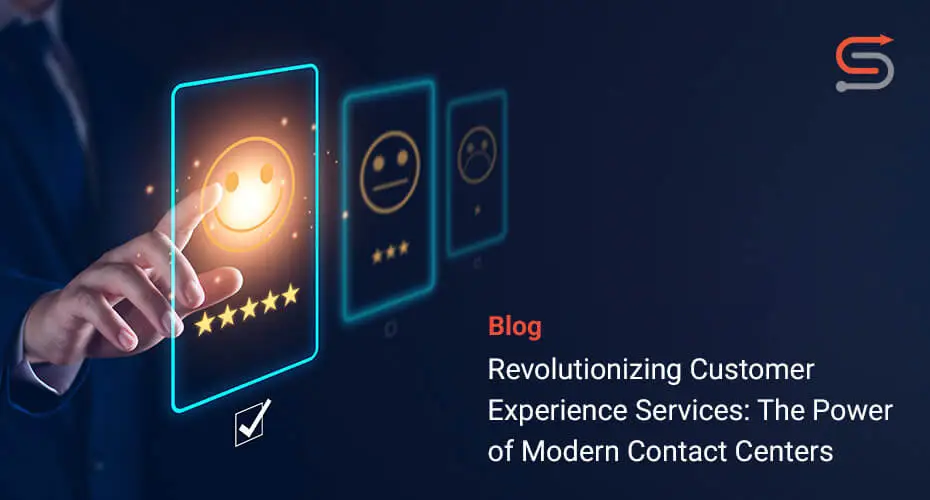

May 12, 2023 - by Synoptek
In today’s highly competitive market, businesses must strive to provide outstanding customer experiences at every opportunity. In fact, 90% of buyers believe a company’s customer experience is as important as its products or services.

Mediocrity is no longer acceptable to consumers who demand excellence in every interaction with a brand. As a result, even the smallest misstep can cause a competitor to seize market share by delivering a better customer experience. Therefore, it’s crucial to understand what customers truly want in each step of the buyer’s journey.
Research suggests that the call center stage of a customer’s journey is a critical touchpoint where businesses can provide exceptional customer experiences. Customers who reach this stage are more likely to make a purchase than those who do not, making it a crucial opportunity for businesses to engage with and satisfy their customers.
Most customers resort to calling a company’s help desk on two occasions. First, they have likely already exhausted other self-service avenues of finding answers to their queries, such as the FAQ section on a website or mobile app and could not achieve the desired outcome. The second is when they have a distinctive problem that needs expert assistance.
Yet, long wait times, difficulty getting through to a representative, and unsatisfactory resolution of issues are common challenges faced by most customers. Additionally, customers may become frustrated if they are required to repeat information multiple times or if their problem is not resolved promptly. These issues can lead to a poor customer experience and potentially damage the customer’s perception of the company.
To provide exceptional customer experience, it’s crucial to ensure positive experiences. But most customer service agents, managers, and supervisors face several challenges in delivering top-notch customer service:
Finding the right people to manage complex call centers is becoming increasingly challenging. At the same time, transitioning to new systems and integrations can impact employee experience and team productivity, making it difficult to maintain the level of service that customers expect.
Agents can become overwhelmed with call queues, leaving little time to prepare for quality assistance. This leads to poor customer service and high employee burnout and frustration.
Agents must navigate through multiple systems to answer customer questions, leading to frustration for both customers and agents. This disjointed workflow not only hinders efficiency but also impacts the overall customer experience, resulting in dissatisfaction and potential churn.
Companies must continually evolve their customer service capabilities to keep up with competition and customer expectations. Gathering customer data and feedback requires continued effort and investment in the latest tools and technologies.
Meeting strict SLAs and gleaning insights from data via intuitive dashboards, metrics, and reports isn’t easy. Companies must make sure they provide sufficient and relevant information to marketing executives, product teams, and line managers/supervisors for day-to-day decision-making.
A modern contact center serves as a centralized hub for customer interactions, equipped with advanced technologies to handle queries, provide support, and foster positive customer experiences. It ensures efficient communication, personalized assistance, and timely issue resolution.
Despite being the operational backbone of a great customer experience strategy, not everyone is making contact centers a part of the larger omni-cohesive channel experience. If you want to leverage this high-value asset to deliver exceptional customer experiences, you need to devise a comprehensive and well-defined strategy that encompasses all aspects necessary for the success of a modern contact center. These include:
“Customer experience is truly the cornerstone of a successful contact center. It’s understanding the customer needs and providing them with meaningful interactions.”
|
To ensure successful contact center implementations, a few key factors must be considered. These include:
If you want to deliver personalized and seamless experiences across all channels, you must invest in a robust contact center. The right platform, along with the right experts, can help you deliver exceptional customer experience services that meet the unique needs of your customers and drive business growth.
Unlock a world of possibilities with our diverse array of Customer Experience Services designed to elevate your customer interactions and foster exceptional experiences.